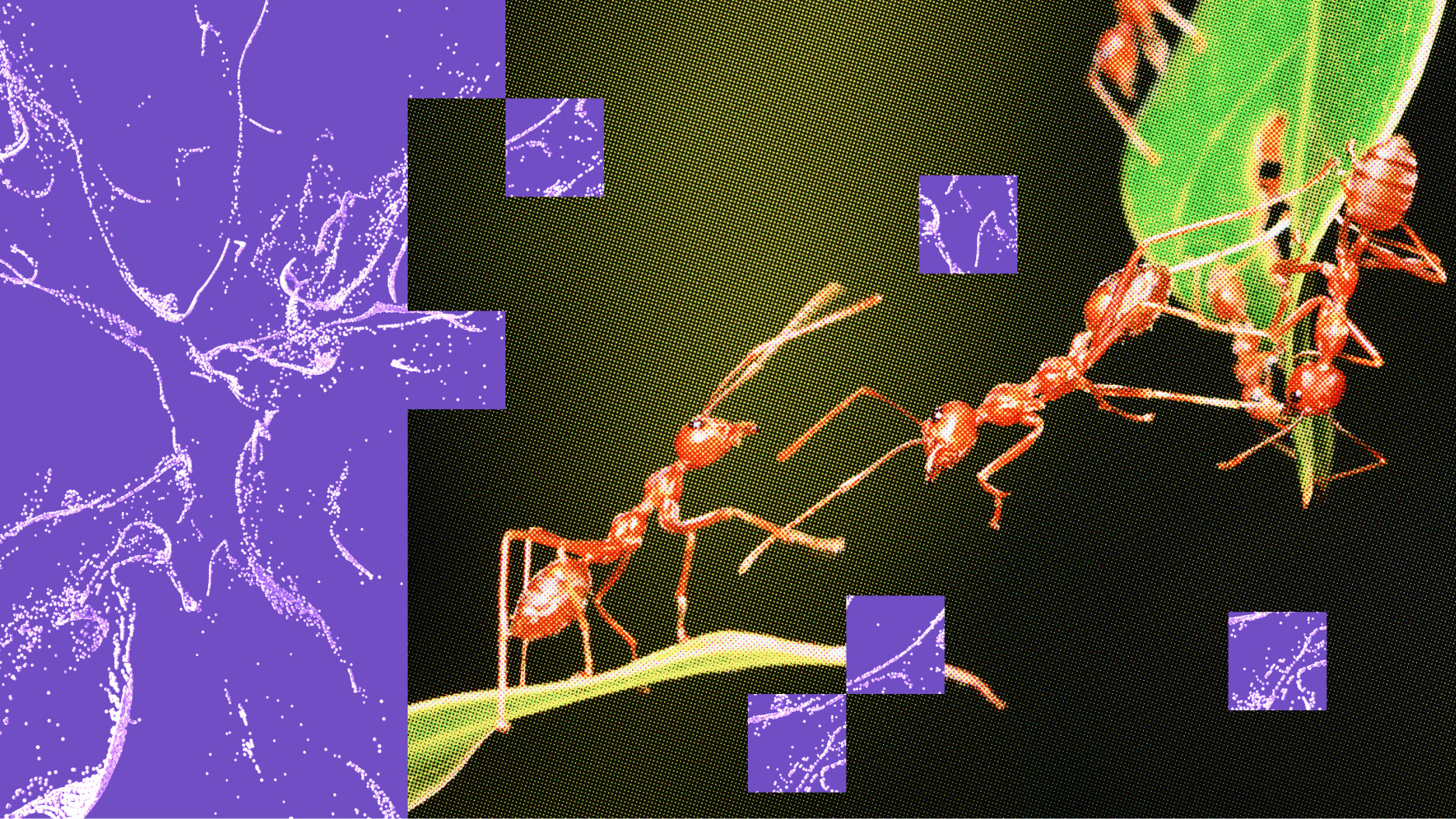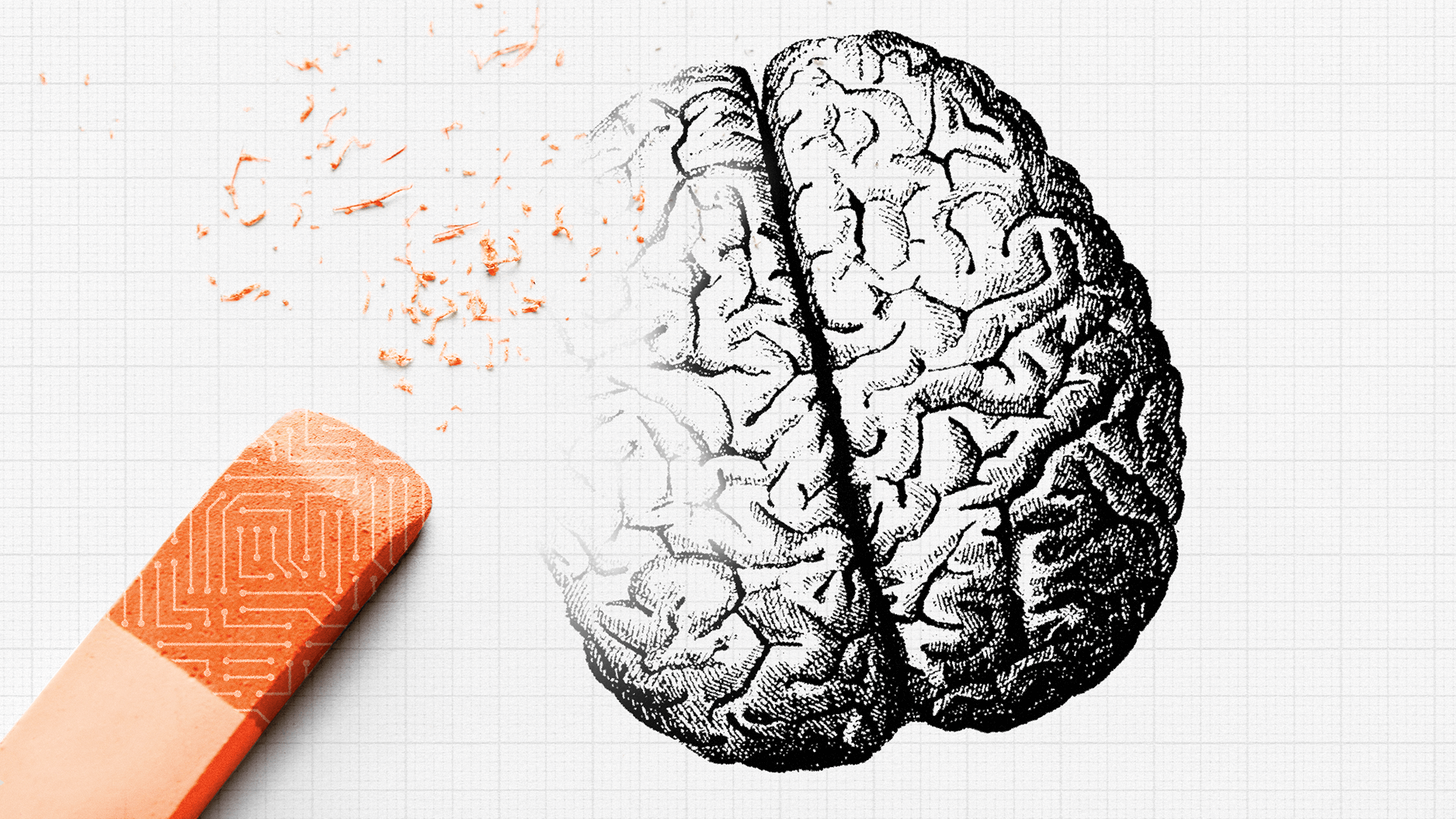Passive worship and dry theological study accomplish nothing. True religion is the active “discipline” of compassion.
Question: What can be gained from the study of God?
Karen Armstrong: It's not what can we study; it's what we do. Religion is a practical discipline and it's one that we have always done, ever since humanity appeared on the scene when Homo sapiens became Homo sapiens. Sapiens became a human being, our minds very naturally segue into transcendence. We constantly have ideas and experiences that go beyond what we can say or know. Most often these are expressed in art, in painting, in music. Music, everyday confronts us with a form of knowing that doesn't depend on words. You know how it is in the symphony when you are listening to the symphony, the last notes die away, and there's often a beat of silence in the auditorium before the applause begins. It's a very full and pregnant silence. Now theology should bring us to live into that silence, into that pregnant pause.
But religion is a practical discipline and in the 17th century in the West, we turned it onto a head trip. But it's like dancing, or swimming, or driving, which you can't learn by texts. You have to get into the car and learn how to manipulate the vehicle. You have to get into the water and learn against what seems to be the law gravity to float and dancing, or athletics takes you years before you develop a skill. But if you work at it, practicing daily, you can enable your body to do things that are utterly impossible to an untrained physic. And the religions have found that if you behave in a certain way, if you sort of perform certain rituals that expand your mind and make you realize that will make you realize and help you to seguey into transcendence and perform certain acts, adopt a certain lifestyle, you develop new capacities of mind and heart, just like the dancer, or the athlete that make you into a whole human being and principle after one of these disciplines right across the board in all of the faiths is compassion, the ability to feel with the other person.
Question: How can compassion become a discipline?
Karen Armstrong: Compassion has to become a discipline. It's something that you do. It's no good thinking that you agree with compassion or not, you've just got to do it. Just like it's no good agreeing that it's possible to float, you just have to get into the pool and then you learn that it's possible.
Every single one of the major world faiths, whether we’re talking about Hinduism, Buddhism, Confucianism, Darwinism, Judaism, Christianity and Islam, have all come to the conclusion that what holds us back from our better self is ego, selfishness, greed, unkindness, hatred. And it all springs from a sense of thwarted ego. People don't like us as much, people threaten us, and so in various ways, we cut them down to size to enhance ourselves when the best way of getting rid of that kind of unkind grasping frightened ego is by compassion. Which doesn't mean to feel sorry for people, it means to put yourself consistently in the position of another person, put the throne and yourself from the center of your world and putting another there. And that's what brings us, the religions say, into contact with what we call Brahman Nirvana, God, or Dove.
And every single one of the major world faiths has developed its own version of what's now known as the Golden Rule. "Always treat all others as you would wish to be treated yourself." Or, in the Jewish or Confucian versions, "Don't do to others what you would not like them to do to you." And this requires that you look into your own heart, discover what gives you pain, and then refuse, under any circumstance whatsoever, to inflict that pain on anybody else. Don't do to others what you wouldn't like them to do to you.
And they’ve all insisted that this is the essence of faith, that this is the test of true spirituality, not correct belief, or adopting the correct sexual behavior, or a certain political behavior, or a ritual practice, it is this essential thing. And Confucius, who is the fist person, as far as we know, to formulate the Golden Rule, said you do it all day, every day. All day, every day. Not just doing, as we often say, "Well, that's my good deed for the day." And then you can return to your ordinary life of greed and selfishness. No, you have to make that—have empathy for the other absolutely reflects it. If you can do that, people have found that you develop a new peace, you encounter within yourself and within the other person, sacredness, a transcendence, and it is that that brings us into relation with the Dove.
There is a very good story that shows how central that is, associated in the Jewish tradition with Rabbi Hillel, the older contemporary of Jesus. One day, it said that a Pagan came to Hillel and promised that he would convert to Judaism if Hillel could recite the whole of Jewish teaching while he stood on one leg. And Hillel stood on one leg and said, "That which is hateful to you, do not do to your neighbor. That is the Torah, and everything else is only commentary. Go and study it.”
Now, that's a remarkable and provocative statement. And everything in the Torah, that’s the exodus from Egypt, the creation of the world in six days, the 613 commandments of the Torah, all of this is only a commentary on the Golden Rule. And Jesus, St. Paul made the same point when he said, "I can have faith that moves mountains, but if I lack charity it's worth nothing."
Recorded on November 16, 2009
Interviewed by Austin Allen





